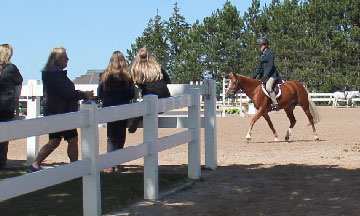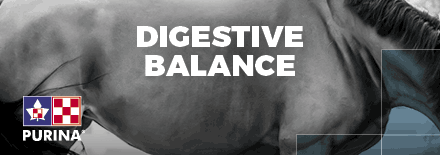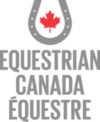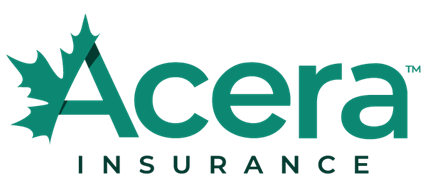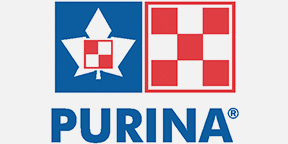The snow has finally landed around here. While I wish I could write poetic, lovely verses about the love I possess for the white stuff, it would be complete fiction. OK, it is great to take a horse out and hack through it on an unseasonably warm day occasionally through the long dark months, but I’d rather have grass under my feet to be honest! As coaches, this time of year makes us take a deep breath and start considering what the next few months mean in our world. I need to find “the big boots”, my super warm (incredibly ugly) winter barn coat and start assessing whether I have enough long underwear, thermal socks, mitts and hats to make it through the winter to come without any serious cases of frostbite. I’m not complaining – the cold and snow are part of being Canadian. Plus I realized the other day – as I started to complain about the weather to come – that I’m probably old enough now that if I really hated it, I COULD move. And since I haven’t moved, I must secretly enjoy it. Instead of being negative, I started to think of the things that I enjoy about winter (seriously, no one judges you for drinking hot chocolate pretty much all of the time). One of the best things that we get to do as coaches, which is very difficult to squeeze in during the busy competitive season, is educate ourselves.
A month ago, all 3 of the coaches from Oakhurst attended an NCCP course for Competition Development (Comp-Dev) Coaches (don’t worry, I didn’t know what that meant either, I’ll explain in a minute) called “Developing Athletic Abilities” being held in Caledon, ON. We signed up because we had all never attended this class before and we are always looking for new information to improve our game. Also, it was being held at Forest Hills Training Centre – which none of us had been to before, but looked lovely from the internet snooping we did. When we arrived, the trainer – an NCCP clinician whose sport was “Athletics” – think track and field – Javelin, Shot Putt, Hammer throw, etc. – asked all of us to define what level coaches, in which sport and why we were at the training. There were several other Equestrian coaches and a ladies softball coach. She looked slightly nervous to be surrounded by horse people. We were amused that the class would be taught by a “non-horse” person. They never really get us. Equestrian is SO different. Right? So it turned out that there were only 2 Comp-Dev coaches in the room: the softball coach and the one Competition Coach Specialist – Eventing, in our group. The rest of us were Competition Coaches – our NCCP tag is “Comp-Int” or Competition Introduction.
The great thing about all of these sorts of classes, is that even though they are suggested for specific level coaches, and in some cases mandatory, you don’t HAVE to be that level coach to take the training. I always think it is valuable to learn what my students will need as they progress through their training – hopefully one day they will outgrow me and move on to our Competition Coach Specialist and eventually to a High Performance coach. If they do, I can still help prepare them at the Competition Introduction level to be ready to excel as they move up the ladder.
The course was a bit of an eye opener for us as Equestrian (Eventing and Dressage specific) coaches. The trainer had to keep reminding us that our “athlete” being discussed – and that we needed to develop abilities for, was the rider. As Equestrian coaches, we are great at building Yearly Training Plans for our horses. We build conditioning and strength training programs for our students’ horses and we continually assess fitness and health – of our horses. I think we sort of assume that if a student stays on to the end of cross country, or finishes a round or test without falling off, or DOES all of the conditioning with their horse, that they are fit enough too. But are they? The class forced us to notice our riders’ fitness, strength and athletic abilities. We’ve sort of noticed it at the back of our periphery, but never really spoken about it before. We’ve also never broken down what skills a rider would need to do our specific sport. I’m not talking about the ability to ride, they have to take many, many lessons with me to learn THAT. I’m talking about fundamental sport skills like balance, agility, stamina, reflex speed, etc. Noticing which skills our riders come to the sport with, and what they need to excel at the sport will help us improve our students. The idea that was presented in the course, that we struggled with at first, but seems like a real game-changer for riding coaches, was the idea that if these skills are weak in our riders, we can improve them – NOT ON A HORSE! What? Make your riding better by not riding?
Not really, you still need your students to ride, but we all know that when a new student comes in and has some gymnastics, dance, etc experience, they seem to excel more quickly. It’s not because they are dancing on a horse, but their general athletic abilities are probably more refined. They can use the balance and dexterity more quickly on a horse than a student that has not done those things. You’d have to take the class to discover all of the answers, but I’d highly recommend it. I’d also recommend doing it with other sport coaches. I love hearing about how snowboard coaches define things, or how cricket coaches practice. The more we can share ideas within our sport and within the Canadian Coaching community, the stronger we will all become.
So where am I going with all of this? Well, this winter, we are making a few tweaks to the program at Oakhurst based on the training we did a few weeks ago. Nothing huge, but we will start adding some of the ideas to our program to keep our students in the winner’s circle. We are looking for more learning opportunities as coaches so that we can give our students an even better learning experience next year. Winter is a great time to go and sit in a classroom and share ideas with other coaches! You can drink the hot chocolate – it’s still winter for goodness sake – but you don’t need to get frostbite on your eyebrows at the same time.
There are lots of learning opportunities coming up over the winter for us coaches – look for a clinic (in a heated arena), check out what the Ontario Equestrian Federation /events/ has organized or look up the Coaches Association of Ontario calendar https://www.coachesontario.ca/nccp-training/course-calendar/ for NCCP courses in your area. Don’t forget, you can claim PD hours for any of these clinics – so you NEED to do something anyway! So maybe this winter, add some training to your own program – see what you can learn to be the best coach you CAN be for your students – they deserve it!
